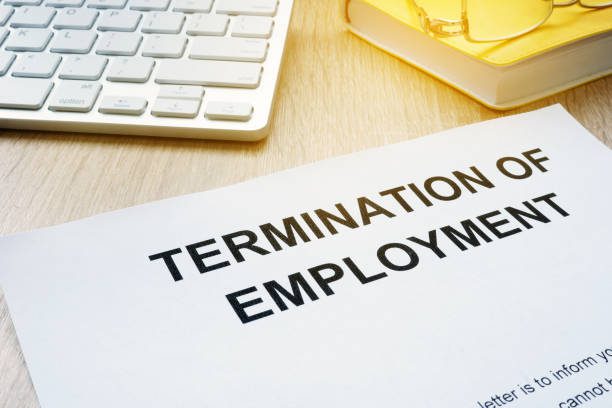The Court of Appeal annulled an appeal on the ground that the appeal was dealing with the merits of the case and not on a point of law. This was held in Robert Dimech vs Air Malta plc on 1 November 2023 by the Court of Appeal, presided by Mr Justice Lawrence Mintoff.
The Industrial Tribunal had ruled on 7 February 2023 that Air Malta was guilty for 60% and Dimech was responsible for 40% for his termination of employment following a disciplinary board finding. Dimech filed proceedings before the Tribunal. He asked for the Tribunal to declare his termination from Air Malta was unjustified and the disciplinary proceedings were discriminatory.
Air Malta defended itself by saying that it had valid reasons for dismissing Dimech. The disciplinary proceedings were taken according to the Collective Agreement and there was no pressure from the Chairman at the time.
The Tribunal argued that it had a hard task since both sides presented convincing arguments. The issue was that Dimech did some physical training at his place of work and then arranged his clothes in front of his colleagues. Then he placed tape on the door of his office to see whether anyone entered the office. The Tribunal said that he had an obsession on a colleague, who according to him was free to leave work at any time. The obsession went a step further where Dimech asked about her personal life, and he should have known that he overstepped the mark.
The Tribunal compared the explanations of harassment and quoted from an author Norman Selwyn who categorised three different types of harassment. Then there was the legislative explanation in Article 29 of the Employment and Industrial Relations Act, where an employer or employee cannot harass another employee:
“29. (1) It shall not be lawful for an employer or an employee to harass another employee or to harass the employer by subjecting such person to any unwelcome act, request or conduct, including spoken words, gestures or the production, display or circulation of written words, pictures or other material, which in respect of that person is based on sexual discrimination and which could reasonably be regarded as offensive, humiliating or intimidating to such person.”
The Tribunal agreed with the Appeals Board of Air Malta that there was harassment, although it was not sexual harassment. The Tribunal labelled this as an offensive mode of conduct. This resulted in his dismissal. The Tribunal also held that the airline was responsible for contributory negligence, it was of the opinion that the company was not totally in good faith. The evidence showed that Dimech was a good employee in that he was diligent and professional on the job and worked in the company’s interest. The Tribunal felt that all in all, the company was too harsh with Dimech when it terminated his job, especially when the disciplinary board did not find him guilty of the most serious charge, that of sexual harassment. The Tribunal felt that the airline wanted an excuse to terminate Dimech’s employment.
On the issue of compensation, the Tribunal held it was guided on Court of Appeal judgements such as Carmel Borg vs Malta Transport Services (Operations) Limited decided on 9 March 2019 and Marco Pisani vs The AV Warehouse Limited, decided on 11 February 2019. Dimech held that his loss was over €112, 000, but the Tribunal considered that his age and the fact that it was partially his fault that he was dismissed.
Air Malta appealed the decision on the basis that the decision was legally erroneous and that it went against the principle that the other party should be heard (audi alteram partem).
Dimech replied stating that the appeal is null because it did not follow Article 82(3) of the Employment and Industrial Relations Act. The law dictates that appeals should be based on points of law. The appeal dealt with the merits of the case such as the compensation and the contributory factor of the company.
The Court of Appeal dealt immediately on whether the appeal referred to a point of law. The Court pointed out that the appeal did not deal with any point of law and only dealt with how the Tribunal analysed the evidence. The Appellant tried to mask the ground of appeal of audi alteram partem by saying that the Tribunal did not consider all the evidence that the company brought before it. The Appellant company quoted from authors and previous judgments, however, the Court of Appeal held that the examples given are not applicable to this case. Therefore, the Court held it has no option but to agree that the appeal was not admissible because it did not deal with points of law.
Dimech had filed an incidental appeal and the Court of Appeal applied the principle that once the appeal itself was attacked, then one cannot make use of the appeal as though it is valid (electa una via non datur recursus ad altera).
Therefore, the court moved to turn down both appeals.
Av. Malcolm Mifsud
Partner
Mifsud & Mifsud Advocates
This article can also be accessed on Malta Today.
For more information you can contact one of our Team Members at Mifsud & Mifsud Advocates.











